Here’s a fun fact to start with: some of the brightest scientists and philosophers seriously consider the possibility that the universe itself might be conscious. Not just humans, not just animals, not even just planets—but everything, from electrons to galaxies, might carry a sliver of awareness. This mind-bending idea has a name: panpsychism.
Sounds absurd? Maybe. But consider this: for all our technological brilliance, no one—not even the world’s top neuroscientists at places like MIT (Massachusetts Institute of Technology) or Oxford University—can fully explain how a lump of brain matter produces the vivid experience of being you. That mysterious gap is called the “hard problem of consciousness.” Panpsychism is one of the boldest attempts to bridge it.
Why Consciousness Is a Problem Science Can’t Solve (Yet)
Let’s start with the basics. Science is great at describing what things do—neurons fire, chemicals flow, signals travel. But it struggles with the why of experience. Why should electrical impulses in your brain create the feeling of pain, joy, or the colour red? Why not just a blank biological robot going through motions?
This puzzle has haunted thinkers for centuries. René Descartes tried to solve it by separating mind and matter, but that only made things worse. Today’s materialist science claims consciousness “emerges” from complex brains. But saying “it emerges” is like saying “a cake emerges from flour, sugar, and eggs”—without explaining the recipe.
Panpsychism takes a different route: maybe consciousness isn’t something that suddenly pops into existence in complex systems. Maybe it’s been there all along, baked into the universe itself.
The Basics of Panpsychism
The word comes from Greek: pan (all) and psyche (soul or mind). The idea is simple but radical: everything in the universe has some degree of consciousness.
- An electron doesn’t think about its taxes, but it may have a faint “experience” of existing.
- A rock isn’t daydreaming, but perhaps the atoms inside it hold micro-consciousness.
- Your brain? It’s a vast orchestra of these tiny sparks, woven into the grand symphony you call your mind.
Think of it as pixels on a screen. Each pixel by itself doesn’t show you much. But together, they create a full picture. In panpsychism, every particle is a “pixel” of awareness, and your consciousness is the collective picture.
Famous Voices Supporting the Idea
Panpsychism is no longer fringe philosophy whispered by mystics—it’s creeping into mainstream debate.
Galileo’s Error: Philosopher Philip Goff argues that science made a mistake when it kicked consciousness out of nature in the 17th century. His book Galileo’s Error calls for bringing it back.
David Chalmers, the Australian philosopher who coined the “hard problem of consciousness,” has openly entertained panpsychism as a serious possibility.
Even scientists like Christof Koch, chief scientist at the Allen Institute for Brain Science (a nonprofit research organization), have suggested consciousness might be fundamental, not emergent.
When big names stop laughing and start leaning in, you know something provocative is happening.
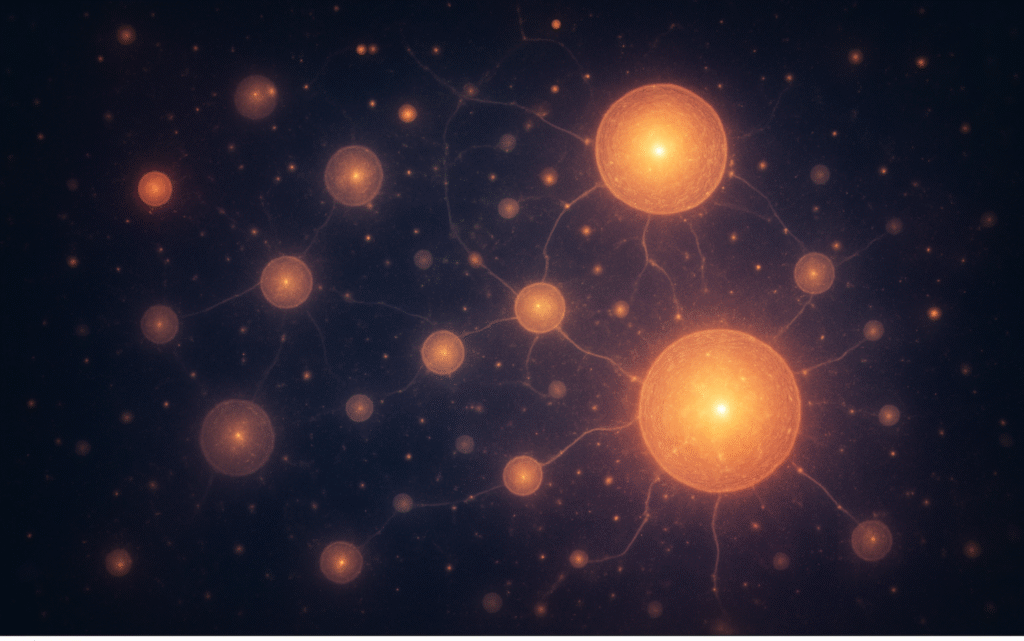
Everyday Analogies: Why Panpsychism Feels Less Weird Than You Think
Before you dismiss it, let’s ground this in something familiar.
The Internet Analogy: Each computer on the Internet holds a piece of data. On their own, they’re limited. But together, they create a global network of information. Consciousness could work the same way—particles holding fragments, combining into complex minds.
Bees and Colonies: A single bee is smart, but a hive has a kind of “group intelligence.” What if the universe itself is a hive, and consciousness is its buzzing product?
Music Notes: A single note is nothing. But when played with others, you get a melody. Consciousness might be the melody created by the “notes” of matter.
But Isn’t That Just Mysticism in Disguise?
Critics say panpsychism sounds suspiciously like dressing up old spiritual ideas in modern clothes. And yes, it overlaps with ancient traditions. Hinduism speaks of Brahman, the universal spirit. Indigenous worldviews often see rivers, mountains, and stones as alive.
But here’s the difference: modern panpsychism isn’t about worshipping rocks. It’s about a serious scientific-philosophical framework for the hardest problem we face. Instead of dismissing consciousness as an accident, it treats it as a basic feature of reality—like mass or charge.
The Case Against: Rocks Don’t Think
Let’s be fair. The criticisms are sharp:
Testability: How do you prove an electron is conscious? You can’t exactly hand it a questionnaire.
Combination Problem: If particles have tiny consciousnesses, how do they combine into the unified experience of you? This is the Achilles heel of panpsychism.
Risk of Anthropomorphism: We humans are so desperate to see minds everywhere that we might be projecting where there’s nothing.
These are serious objections. But then again, materialism hasn’t solved the problem either. Saying “the brain just does it” isn’t much better than hand-waving.
Case Studies: Where the Debate Heats Up
Artificial Intelligence (AI)
Companies like OpenAI (an artificial intelligence research and deployment company) and DeepMind (a subsidiary of Alphabet Inc. focused on AI research) are building machines that can simulate human conversation and creativity. If panpsychism is true, then even the microchips might have a sliver of awareness. That doesn’t mean your laptop has feelings—but it challenges how we think about “machine consciousness.”
Physics and Quantum Weirdness
In quantum mechanics (QM), particles behave differently when observed. Some philosophers argue this suggests a link between consciousness and physics. Panpsychism gives a neat (if controversial) explanation: maybe particles act “aware” because they actually are, in some minimal sense.
Neuroscience Research
The Integrated Information Theory (IIT), developed by neuroscientist Giulio Tononi, claims that consciousness is tied to how much information a system integrates. While not exactly panpsychism, it leans in the same direction: consciousness could be a universal property of complex systems.
Why This Matters to You
This isn’t just ivory-tower philosophy. If the universe is conscious, it reshapes how we live.
Ethics: Would we treat nature differently if we thought rivers or forests had their own kind of awareness? Environmentalism suddenly isn’t just about resources—it’s about respect.
Technology: If chips carry slivers of consciousness, how should we treat advanced AI? Could exploitation extend beyond humans and animals?
Identity: If consciousness is universal, then you’re not an isolated fluke—you’re a node in a cosmic web of awareness. That can be oddly comforting in an alienating world.
Conclusion
So, can the universe be conscious? Panpsychism doesn’t give us final answers, but it offers a daring possibility: consciousness isn’t rare, fragile, or accidental—it’s everywhere, woven into the very fabric of existence.
You don’t have to buy it wholesale. You don’t even have to like it. But maybe next time you look at the night sky, ask yourself: is it just empty space and burning gas? Or are you staring into the mind of the cosmos itself?
Author’s Note
I’ll admit it—I’m drawn to panpsychism not because it’s proven, but because it refuses to shrug at mystery. Whether it’s right or wrong, it forces us to confront consciousness as more than just a quirk of the brain. And honestly? That kind of boldness is what philosophy should be about.
G.C., Ecosociosphere contributor.

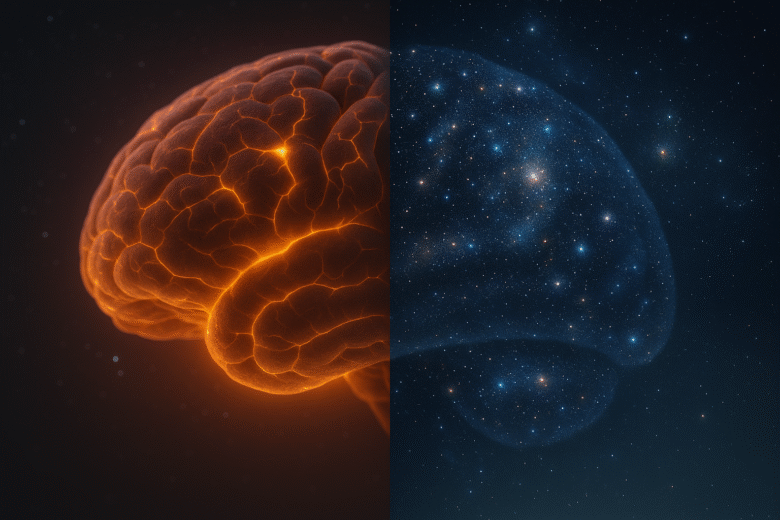
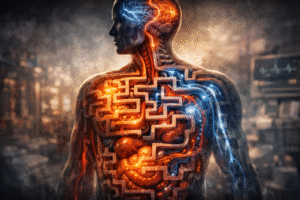
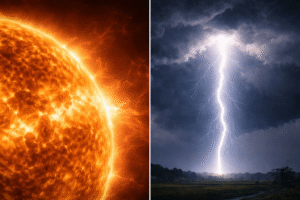
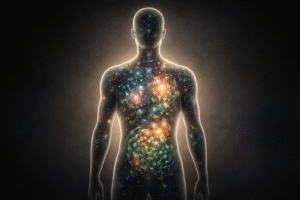
Comments
I regard something really interesting about your web site so I saved to my bookmarks.